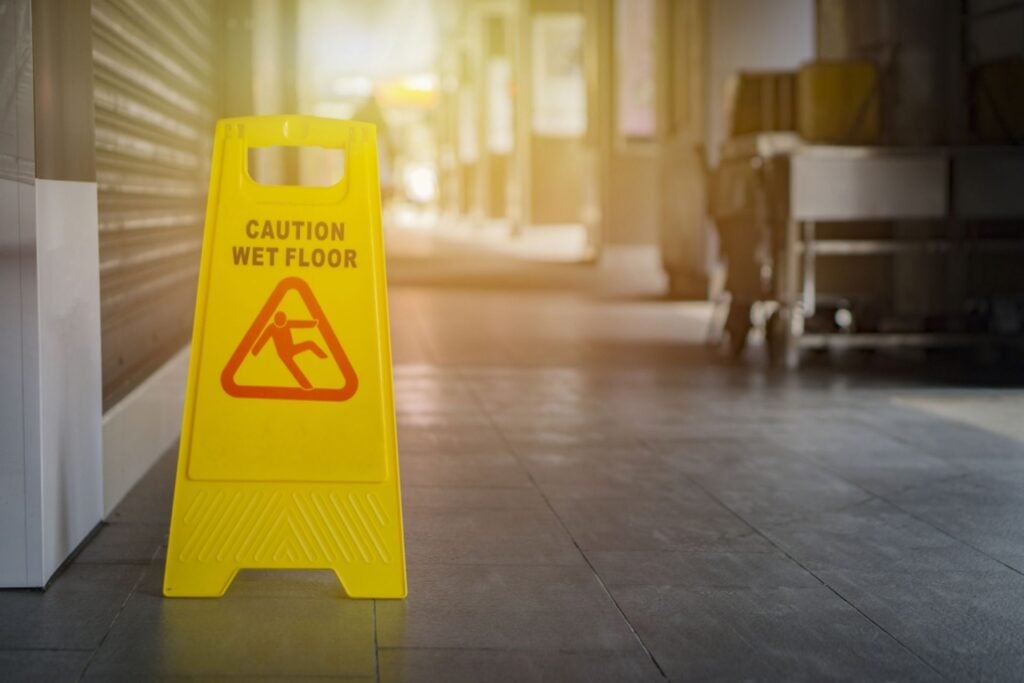Let’s talk about occupational safety of the informal sector

What you need to know:
- Talk about the mining sector, where incidents occur frequently when excavations collapse on workers, killing many and injuring many more. Investigations reveal the neglect of OSH
The occupational safety and health (OSH) of workers around the globe is becoming a key talking point in the wake of occupational incidents that seem to be on the rise every year.
Conversations on this subject are necessary to tackle the safety and health of workers engaged in various occupations. However, we do not give much attention to the people involved in the informal sector. We think this is not a fair way to address the occupational conditions of the workers, and it is not the best way to reduce the poor statistics from onsite accidents that occupy informal workers.
To be considered fair, OSH needs to spread to the informal sector because this is an industry that occupies a large section of the population. Talk about the artisan industry, and there you see a big group of workers that honestly contribute a significant statistic to occupational incidents.
Talk about the mining sector, where incidents occur frequently when excavations collapse on workers, killing many and injuring many more. Investigations reveal the neglect of OSH.
There is neglect during the recruiting of workers. In any informal sector, a lot of child labourers get recruited. You find them working at quarry sites and local brick-making factories. Managers of these facilities employ them cheaply since it is informal and there is no system for scrutinising their ability to do some jobs during their recruitment. Most of the time, we want to focus more on the formal sector, where things are more streamlined. However, even this sector is not entirely safe and free from incidents because there is a tendency of not always willing to comply with the applicable health and safety requirements. The managers are never bothered if workers burn all their energies well into overtime without allowing ample recovery time to get ready for the next day. Even when workers’ efficiency has reduced, the focus is on productivity.
Therefore, rather than make the informal sector look like a neglected sector, we need to create an environment that enables this industry to operate safely and in a healthy manner. The objective is to protect vulnerable workers from safety and health hazards. Get all employers to take safety issues seriously and work towards improving them, because informal occupation also offers essential services. Then we will have the lakes that are free from fatal accidents. Fishing on it will be compliant with safety requirements.
We will have miners and quarry workers working safely and will not be buried by the earth because they work with proper protective wear.
Then workers at building sites will not be falling off scaffolds. This situation will only happen when employers respect the available legal and regulatory requirements and can address the aspects of occupational safety and health at work. It will happen when employers do not bypass laws because of the added expense required to procure personal protective wear.
Most employers do not want to know that in the likely occurrence of an incident, this money can be a hefty sum when forced to treat sick people. Or when forced to put in place mitigations.
Therefore, continuous effort is required to ensure that the informal sector also follows the available safety requirements in their workplaces and the need to develop mitigations against these hazards and risks. We can make the lives of workers better by improving the working environment, and in that way, we minimize incidents at the workplace. In doing this, we will prevent workers from suffering long-term consequences of occupational hazards later in their lives.
Simon J. Mone is a civil engineer, [email protected]




